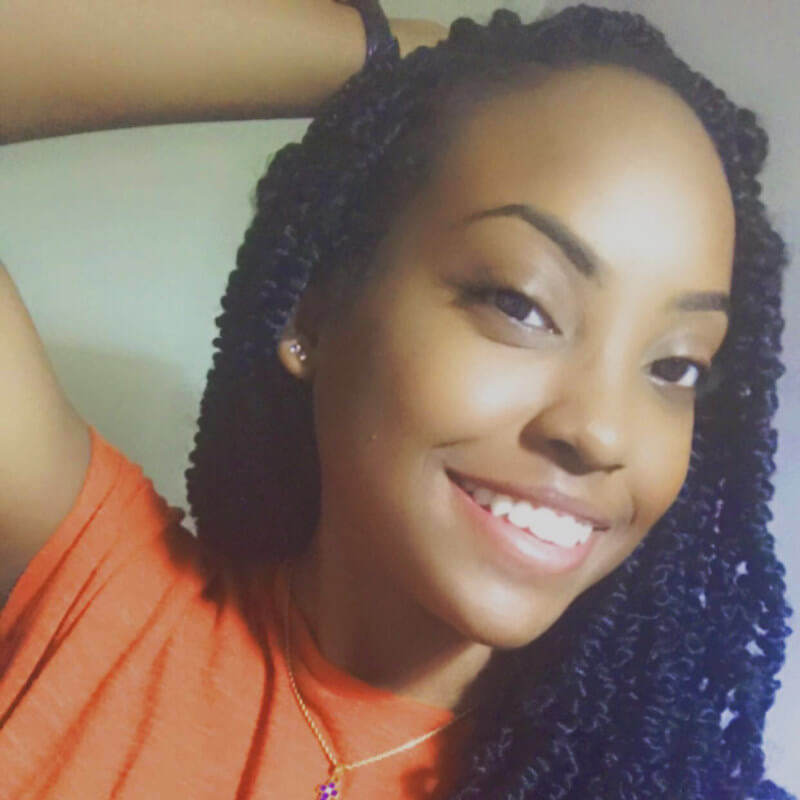 Forensic
Science student Victoria Lionel was inspired by criminal investigation series,
such as CSI and Criminal Minds to explore a career in forensics.
Forensic
Science student Victoria Lionel was inspired by criminal investigation series,
such as CSI and Criminal Minds to explore a career in forensics.
Victoria, who is studying BSc Forensic Science with Criminology, could not study the subject at home in Saint Lucia, so she looked to Greenwich.
Forensics Sciences programmes at the university are led by Linda Brownlow, a former head of crime scene training at the Metropolitan Police. The courses achieved 100% overall student satisfaction in the latest National Student Survey. And Victoria (pictured) is clearly enjoying her time at the university.
"I was always interested in criminal psychology and the scientific methods used to examine evidence from crime scenes," she said.
"I found out there was a forensics lab in Saint Lucia, but it was closed due to the lack of qualified personnel. Now, my long-term goal is to become the director of the forensic science laboratory in Saint Lucia."
Victoria has already worked as a lab technician for the Saint Lucian government but, to up her skills, she came to the UK to study Forensic Science. She received many offers, but the added Criminology component at the University of Greenwich was key to her decision.
"Most of the other universities I applied for did not offer this combination," she added. "Due to my interest in criminology, I felt that this degree would suit me best.
"Most importantly, it's an accredited course by the Chartered Society of Forensic Sciences. The university pays for your student membership. You have access to hundreds of pieces of relevant forensic material and opportunities to go to conferences and network."
Forensic Science with Criminology is taught over the university's Medway and Greenwich campuses, with students enjoying free travel between the two.
The university has a suite of crime scene rooms, a purpose-built vehicle examination garage, specialised decomposition facilities and a mock mortuary.
After dressing in personal protective equipment (PPE), students get hands-on with mock practical crime scenes and learn how to retrieve evidence from victims found in murders and mass disasters. They also use clues from the reconstruction of skeletons to help identify the victim.
Another favourite element for Victoria is the mock court – learning how to present evidence in a court setting as preparation for expert witness testimony. This provides skills that can be applied to a range of settings.
"The degree had lots of practical elements, which is what I loved most about it," Victoria added.
"Being able to apply what I learn in class in a practical setting has developed my critical thinking, problem-solving, teamwork and communication skills.
"Overall, the best part of this degree is learning a vast amount of transferable skills which can be applied to any career path and having fun while doing it."
While her long-term goal remains to direct the Forensic Science lab, Victoria aims to become a Forensic Toxicologist or a Cybercrime Analyst within the National Crime Agency (NCA).

